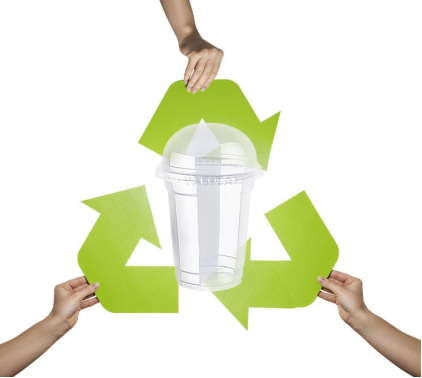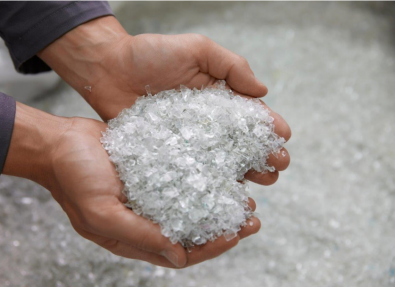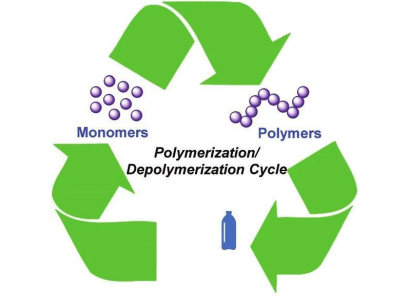
지금 문의하기
The Sustainable Development of Global PET Resources: The Importance of Recycling and Reusing.
As global PET resources dwindle while demand continues to grow, the excessive exploitation of oil has caused irreversible damage to the natural environment, and humanity is suffering the consequences. In response to this challenge, seeking sustainable development for PET has become an integral part of global renewable resource actions. Making full use of resources, effectively recycling and reusing them, and achieving infinite recycling of resources is the ultimate goal of sustainable resource development.

Currently, there are two primary methods for recycling plastic cups (PET): physical processing and chemical processing.

Physical Processing:
Involves washing and shredding disposable plastic cups into polyester chips, which are then used in traditional manufacturing processes. These food-grade cup chips have passed the certification of the US FDA, making them suitable for direct contact with food and beverages. This recycling and cleaning process for food-grade PET bottles is a crucial pathway to achieving sustainable PET recycling.

Chemical Processing:
Involves reducing waste plastic products back to their original monomers. In this state, the monomers are indistinguishable from virgin polyester. These monomers can then be returned to regular manufacturing processes.
The benefits of PET plastic recycling to the environment are multifaceted, including resource conservation, reduction of landfilling, pollution and emissions reduction, energy conservation, promotion of circular economy, and protection of wildlife. However, human beings still need to improve in the research and development and application of PET technology, and need to continue to strengthen related research and innovation work.
